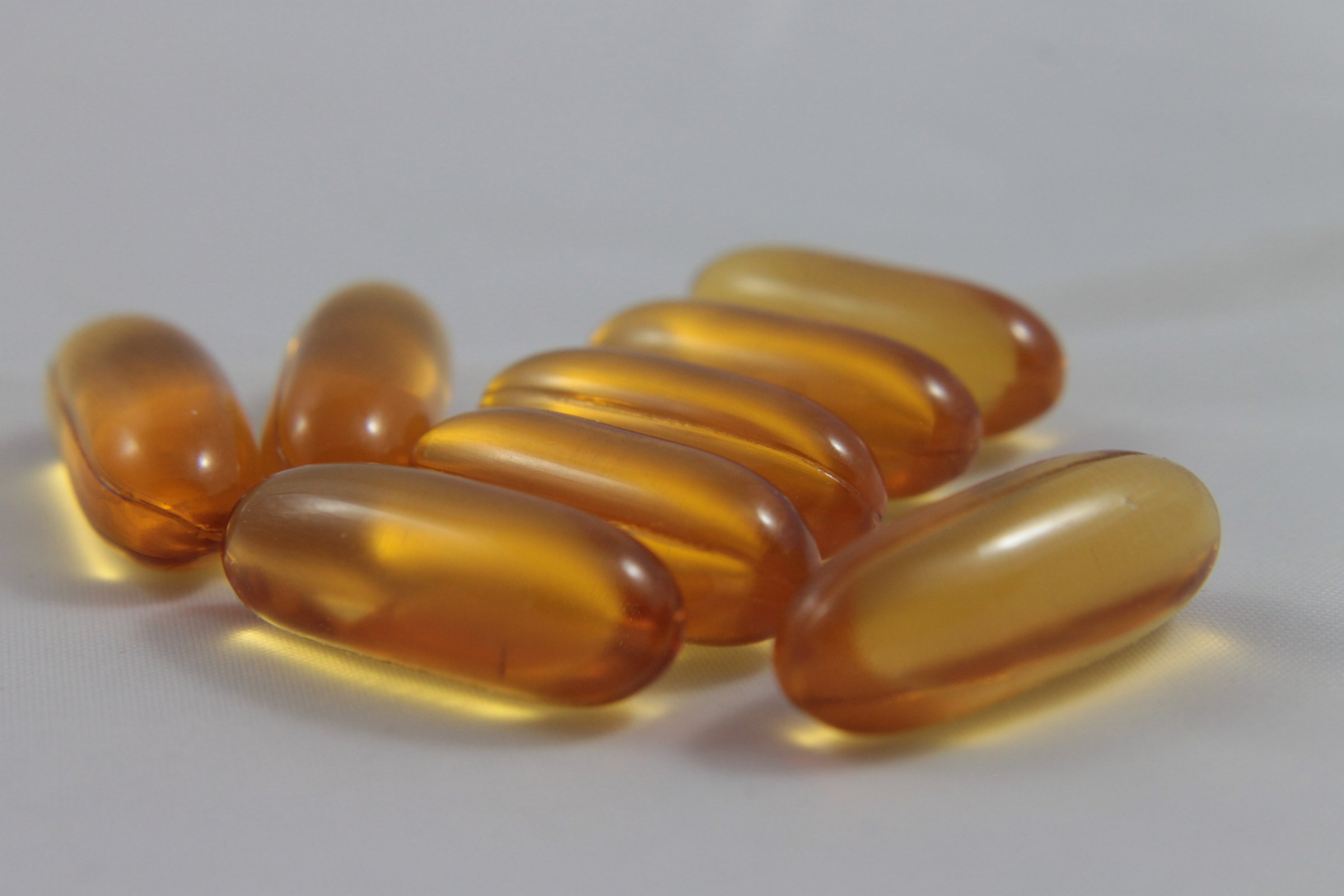
Even if you’re not a big fan of seafood, you probably know that adding more fish to your diet can do a lot of good, from improving your heart health to lowering inflammation. Now, according to scientists at the University of Colorado, there is even evidence that the healthy fat can boost your chances of getting pregnant.
The study, presented at the American Society of Reproductive Medicine annual meeting, was in mice, so more research needs to be completed before omega 3 foods or supplements become part of treatment for infertility. But Dr. Malgorzata Skaznik-Wikiel, an obstetrician-gynecologist who led the study, is encouraged. She worked with a group of mice that are genetically bred to have healthy ratios of omega 3 fatty acids. These mice are born with the ability to bathe cells and tissues in omega 3 fats, so the team then looked at their egg development in the ovaries.
What she found: The mice with the higher levels of omega 3 fatty acids seemed to have more precursors to egg cells than control mice with lower levels of the fat, meaning they had a larger reserve of eggs-to-be. These could then mature into a healthy egg that is fertilized and can lead to a live birth. When the ovaries were examined even further, Skaznik-Wikiel also found that the quality of the eggs were better among the animals with higher levels of omega 3s. Higher quality eggs improves the chances that the egg will be fertilized and develop into a live pup.
“Based on this study, it looks very encouraging that omega 3s can potentially improve fertility,” says Skaznik-Wikiel. “Our study shows that there may be some relationship between dietary factors and things like egg quality so one idea may be recommending supplementation with omega 3s to improve fertility.”
Exactly how the healthy omega 3 fatty acids are helping the ovary to produce better quality eggs isn’t clear yet. But other studies Skaznik-Wikiel has done with mice suggests that these fats may lower levels of inflammation that can adversely affect ovarian function.
More studies need to replicate and confirm the role that omega 3 fatty acids might play in fertility, but for now, Skaznik-Wikiel says that there isn’t much harm in consuming more omega 3 fats. (Some people who are predisposed to bleeding problems may be at higher risk of hemorrhages with high doses of omega 3s, but those cases are relatively rare.)
There may also be other benefits linked to omega 3 fatty acids for the fetus as well, in helping nerve development — that’s why many prenatal vitamins include forms of omega 3 fats. “We hope in the future to have more answers to be able to say firmly that yes, omega 3 fatty acids are the way to go [for women hoping to get pregnant,]” she says. “But even without that firm answer at this point I don’t see the harm in supplementing.”
More Must-Reads from TIME
- Cybersecurity Experts Are Sounding the Alarm on DOGE
- Meet the 2025 Women of the Year
- The Harsh Truth About Disability Inclusion
- Why Do More Young Adults Have Cancer?
- Colman Domingo Leads With Radical Love
- How to Get Better at Doing Things Alone
- Michelle Zauner Stares Down the Darkness
Contact us at letters@time.com